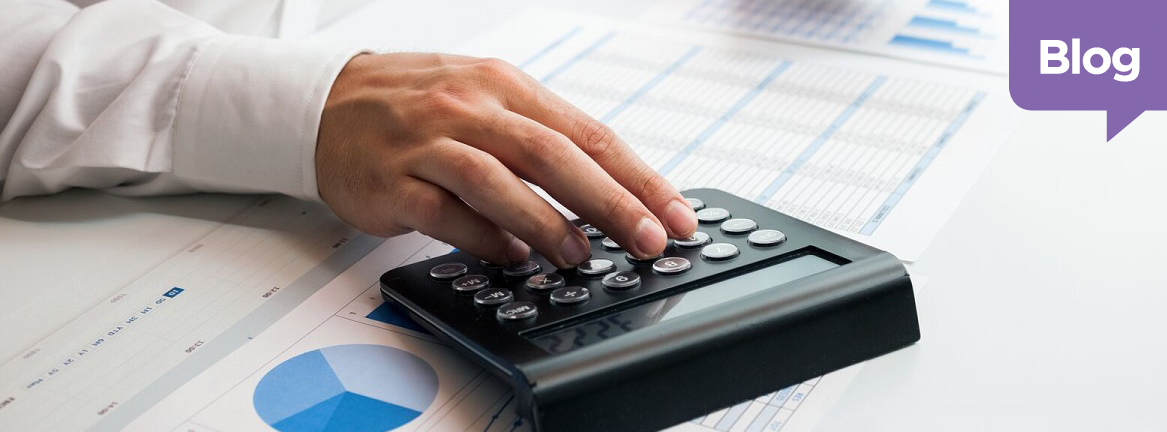
Small Business Tax Reminders for 2019
Another year, another tax season! We’re back with more tips and pointers to help relieve you of some of the possible tax concerns you might face this time of year.
Double-check how much to pay in estimated taxes.
If your business is required to make quarterly estimated tax payments (most do), make sure you’re paying enough to avoid any unpleasant surprises at the end of the year. In general, you must pay either (1) 100% of last year’s tax liability, or (2) 90% of this year’s tax. Otherwise you will owe an underpayment penalty. Note that there are situation-specific considerations (e.g., the percentages change for those who earn more than $150,000). Speak to your accountant for more specific information.
Review your business structure.
Last year’s tax reform has introduced new tax considerations and questions for 2019, and it’s more important than ever to ask if your legal business structure still makes sense. For example, the law reduced the corporate tax rate to 21% from 35%, and many businesses organized as sole proprietorships, partnerships, and S corporations may wish to explore the option of converting to a C corporation. However, there are complexities that must be considered. “While some people may have been thinking a C corporation may be better, the double tax part of it knocks out a lot of the opportunity for savings,” Manuel Pravia, an accountant with MBAF in Miami, told the Associated Press.
Check-in with your accountant on other tax changes.
The new tax rate is far from the only change. Be sure to review your situation with your accountant to understand how your business will be comprehensively impacted by last year’s tax reform. For example, small businesses may be able to claim a new deduction of 20% of “qualified business income,” but the application of the rule varies according to the type of business, amount of taxable income earned, and amount of compensation paid to employees.
Stay on top of your taxes year-round.
The typical taxpayer only has to worry about taxes once a year; businesses must deal with them throughout the year. Make it easy on yourself: stay on top of your financial record-keeping every month instead of leaving it until the end of the quarter or year. Updating your financial software and record-keeping procedures may help; you might be surprised at how much of your accounting activities can be automated.
Get help – especially after all the tax changes.
This tax tip is perennial: if you handle your company’s accounting or tax prep yourself, considering hiring or working with someone who specializes in financial matters. In the year following a massive tax overhaul, you can make things much easier on yourself by working closely with a tax professional or professional employer organization (PEO, which becomes responsible for employment-related tax liabilities) who can help shoulder the burden for you. That way you know your financial situation is being handled by an expert, and you can free yourself from a time-consuming task.
CoAdvantage, one of the nation’s largest Professional Employer Organizations (PEOs), helps small to mid-sized companies with HR administration, benefits, payroll, and compliance. To learn more about our ability to create a strategic HR function in your business that drives business growth potential, contact us today.